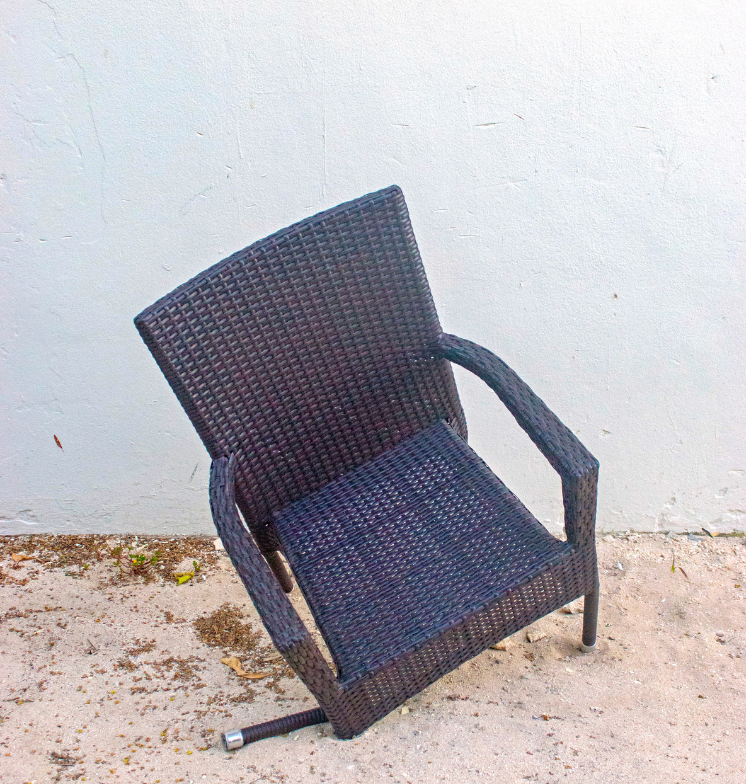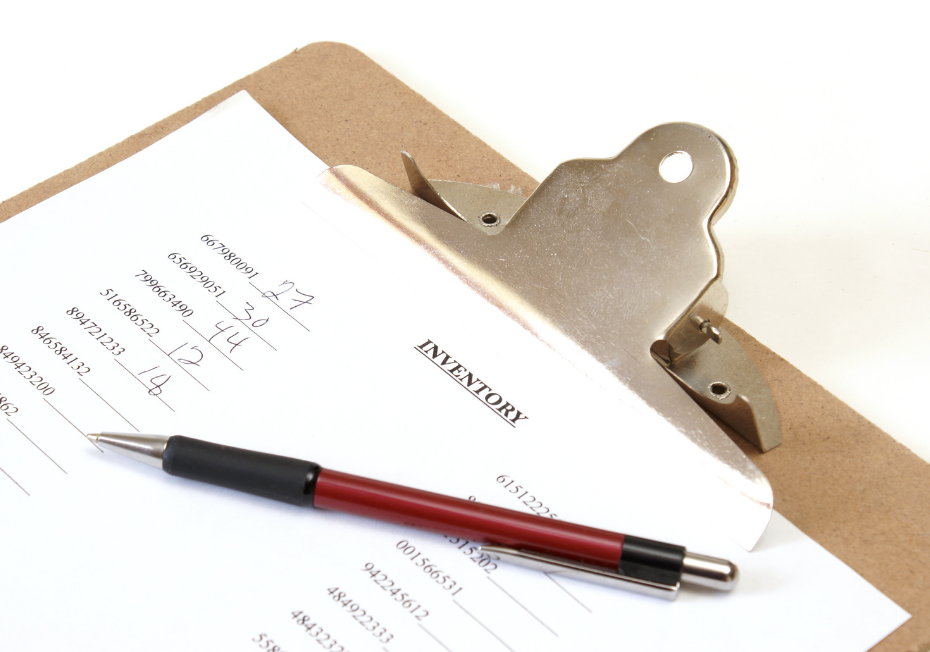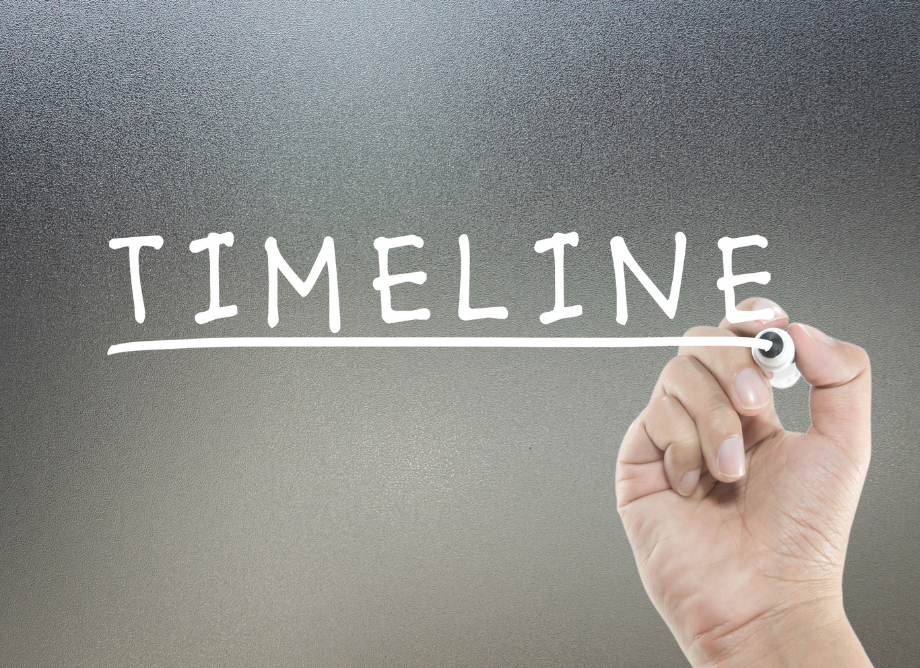The reality is that most of your experiences with guests on Airbnb will be positive! In fact, the majority of Airbnb users are respectful people that are simply looking for a place to stay during their travels. But what happens when you run into the Airbnb problem of a bad guest? What if your property gets damaged? Well, this is where the Airbnb claims process comes into play. Read on for all the information you’ll need to know on how the Airbnb dispute resolution works as well as tips for success in the Airbnb Resolution Center.
This article will use the terms Airbnb claim and Airbnb dispute interchangeably.
What can be disputed in an Airbnb claim?
Typically, Airbnb disputes have to do with property damage. But what qualifies as property damage? Well, it’s a pretty general term for Airbnb issues that describes any kind of damage to your property or belongings. This damage must be caused directly by the guest and it can’t be attributed to regular wear and tear.
Examples of property damage could range from a stained rug to a broken appliance or even missing artwork. Whenever the host and guest cannot reach an agreement on their own, they’re encouraged to get Airbnb involved by submitting a claim request through the Resolution Center.

Evidence needed for an Airbnb dispute
While it may seem clear to you that you deserve to win a dispute, Airbnb will need a bit more evidence while going through Airbnb dispute resolution. In fact, the more evidence you can provide, the better your chances of winning the Airbnb dispute!
Property Inventory for Airbnb Claims
One great idea to help you track the state of your property is to conduct a thorough inventory of your listing. Write down everything on the property. From furniture all the way down to toiletries, jot down each item and note its condition and quality. In addition, you’ll need to take lots of photos to corroborate your inventory.
Then, update the inventory over time in order to track wear and tear. Having this detailed history of the conditions of every item in your Airbnb property will go a long way! It may take some effort, but it shows credibility and dedication as a host.

Documentation for the Airbnb Resolution Center
As previously mentioned, the more evidence and documentation you can provide for Airbnb dispute resolution, the better! Here are some suggestions on what to include.
- Photos and videos of the damage
- A detailed written description of the damage
- Receipts showing the value of the damaged item
- Invoices regarding the damaged item
- Written estimates for repairs of the damaged item from professionals
- Links to comparable products showing their cash value
Clarity and support for your Airbnb claims go a long way! Strive to maintain a professional and clear tone when collecting and writing up documentation for the Resolution Center.
Airbnb Dispute Timeline
In order to make a claim on an issue where money is being disputed, you’ll need to make a claim within 14 days of the guest’s checkout date, or before your next guest checks in–whichever comes first.
For problems that don’t require you to make a monetary claim, you have 60 days after the guest checks out to submit a Resolution Center request. This refers to issues that are not property damage. To be reimbursed for damage to your property, you must make a claim within the aforementioned 14 days or before your next guest arrives.

How does the Airbnb claim process work?
First of all, guests and hosts are always encouraged by Airbnb to work together to find a solution. The Airbnb dispute process begins with the host reaching out to the guest through the Resolution Center. The host will explain the damages and request reimbursement.
Then, the guest has 72 hours to respond. If they readily agree to the terms laid out by the host, that’s great! Airbnb will simply process their payment, and the host should receive it within 5-7 business days.
However, in many cases, it becomes clear that guests and hosts will not be able to reach an agreement. The guest may not agree that they caused the damage and refuse to pay at all. Once you’ve come to the realization that you and the guest will not be able to find common ground, it’s time to involve Airbnb. But remember, you must wait 72 hours after opening the request to ask Airbnb to make a final decision. Here are the steps to getting Airbnb involved:
- After opening the request, wait 72 hours
- Go to the Resolution Center
- Select the correct reservation
- Click “Contact Us”
Next, an Airbnb support specialist will reach out to the guest with the goal of resolving the request through Airbnb dispute resolution. They do this by using the terms and conditions laid out by the Host Guarantee. In this case, Airbnb will send a payment request to the guest, rather than the host sending it. To read more about how the Airbnb Host Guarantee works, be sure to click here to read the article, “Does Airbnb provide Insurance for Hosts?”.

What are the potential risks and rewards of an Airbnb Claim?
As with any type of disagreement, there are various risks and rewards that can result. Possibilities range from winning the dispute to receiving negative feedback that negatively impacts your business.
The Rewards to submitting an Airbnb Dispute
Of course, the best-case scenario would be to win the Airbnb dispute. Ideally, it would be great to receive the exact amount of money you put in a claim for. However, this outcome simply isn’t likely. In fact, there are very few success stories from hosts regarding disputes with guests.
The Risks to filing an Airbnb Dispute
The reality is that you may find Airbnb problematic due to its tendency to side with guests. Some hosts report that they were never even asked for their account of events before losing a dispute. Oftentimes, even if hosts do win, they aren’t awarded as much as the claim is worth.
Unfortunately, there are simply more risks than rewards when it comes to Airbnb claims and disputes. In addition to the possibility of losing the dispute due to Airbnb siding with the guest, there’s also a chance you’ll earn a negative review.
When you submit a claim to the Airbnb Resolution Center, the guest is notified right away. Since they know that you’ve put in a dispute against them, it’s likely that they will leave negative feedback for you. While this isn’t exactly fair or unbiased, it still happens.
Thus, it’s important to keep the risk of a bad review in mind when putting in an Airbnb dispute. Remember, it’s nearly impossible to get bad reviews taken down. In order to do so, the review must clearly violate Airbnb’s Review Policy. Even then, it’s difficult to get reviews removed. For more information, read our article detailing the Airbnb review process entitled “The Airbnb Review Process Explained”.
If you’re a Superhost or are trying to get your stats up to Superhost level, a bad review can have even more of a negative effect on your Airbnb profile. To learn more about the requirements to become a Superhost, take a look at our guide entitled, “What is an Airbnb SuperHost – Ultimate Guide”.

What is the Best Strategy for winning an Airbnb dispute?
While you may think that you’ll be able to win an Airbnb dispute just by being honest and truthful, there’s a bit more to it. The way you present yourself and interact with Airbnb and the guest make a huge difference in the dispute’s outcome. Here are our best tips for coming out on top in an Airbnb dispute.
- First, make every effort to come to an agreement with the guest directly before choosing to get Airbnb involved. Guests can be reasonable, so be sure to give them a chance to work with you before filing a claim.
- Be as specific as possible when filing your claim. Provide all the available evidence, and never make up numbers or quotes for repairs.
- Make sure that you’re a part of the Airbnb Host Protection Insurance program. Although it doesn’t protect you in all situations, it provides some additional coverage that can help you when it comes to Airbnb claims and disputes.
- Don’t ever accuse the guest of lying–even if they are! It can be hard to prove that someone isn’t telling the truth. In addition, accusations of this type make you look emotional rather than professional. Therefore, it’s essential to stick to the facts.
- Stay consistent throughout the Airbnb dispute resolution. For instance, you may start off by accusing the guest of completely ruining your couch. But if you then go back and say that the couch had experienced some wear and tear beforehand, you become less trustworthy due to your inconsistency.
- Remain professional at all times. It’s easy to let your emotions play a part when putting in or responding to a dispute, but this isn’t an effective strategy. Even if the guest stoops to that level, don’t meet them there! Take a step back from the situation and stay cool, calm, and collected–it’ll pay off!
Points to Remember when submitting an Airbnb Claim

- Airbnb disputes usually have to do with property damage.
- It’s essential to have evidence to back up your claims. This can include photos and videos, receipts, estimates, and links to comparable products.
- You must make a claim within 14 days of your guest’s stay, or before another guest checks into the property.
- If it’s clear you and the guest will not agree, you must involve Airbnb through the Resolution Center.
- Putting in a dispute can earn you a negative review, so be sure to examine the risks and rewards of Airbnb dispute resolution before filing a claim.
- Be sure to always stay calm and professional while dealing with Airbnb claims.
